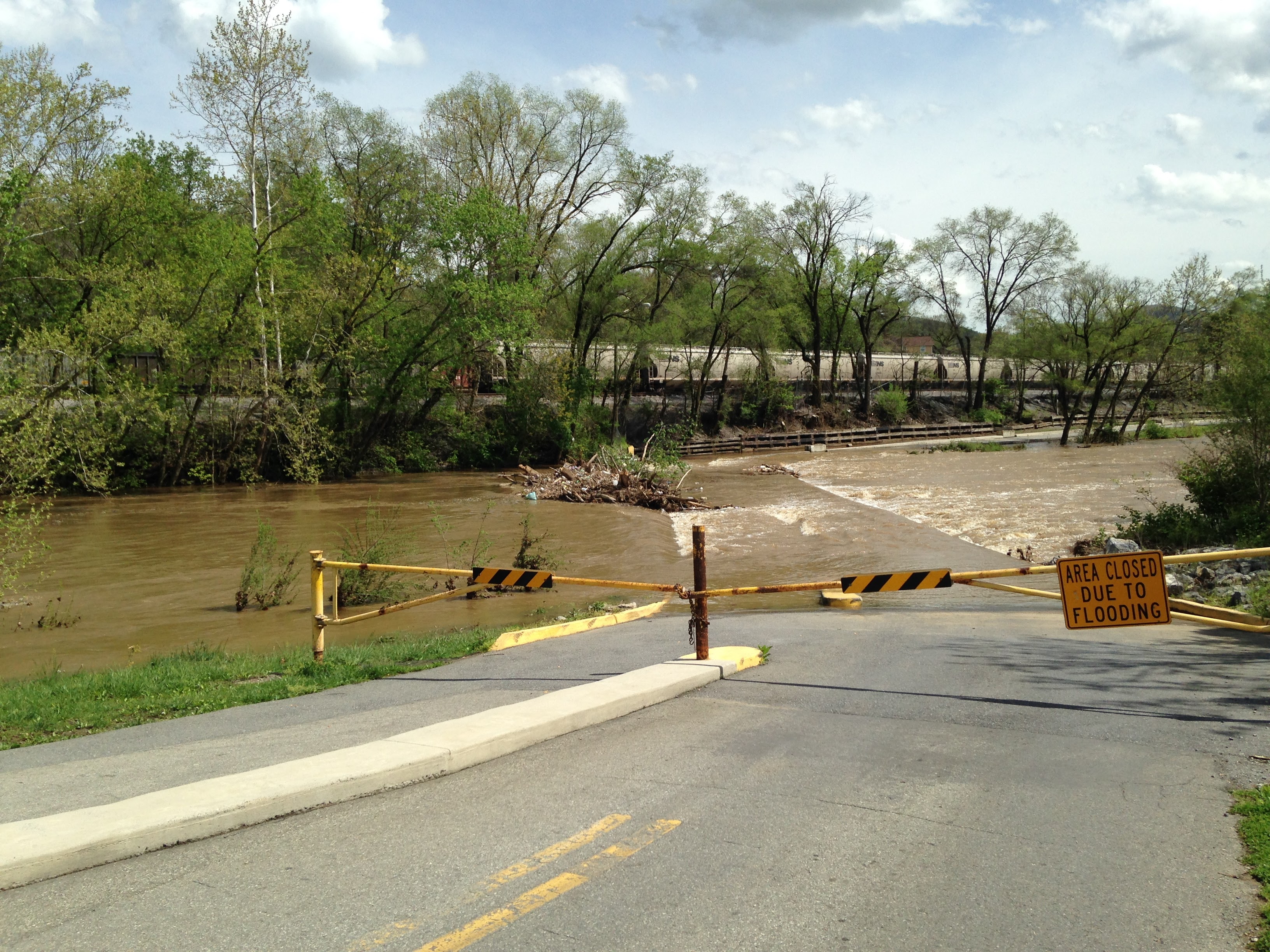2 min read
North Carolina Volunteers Work Toward Cleaner Well Water 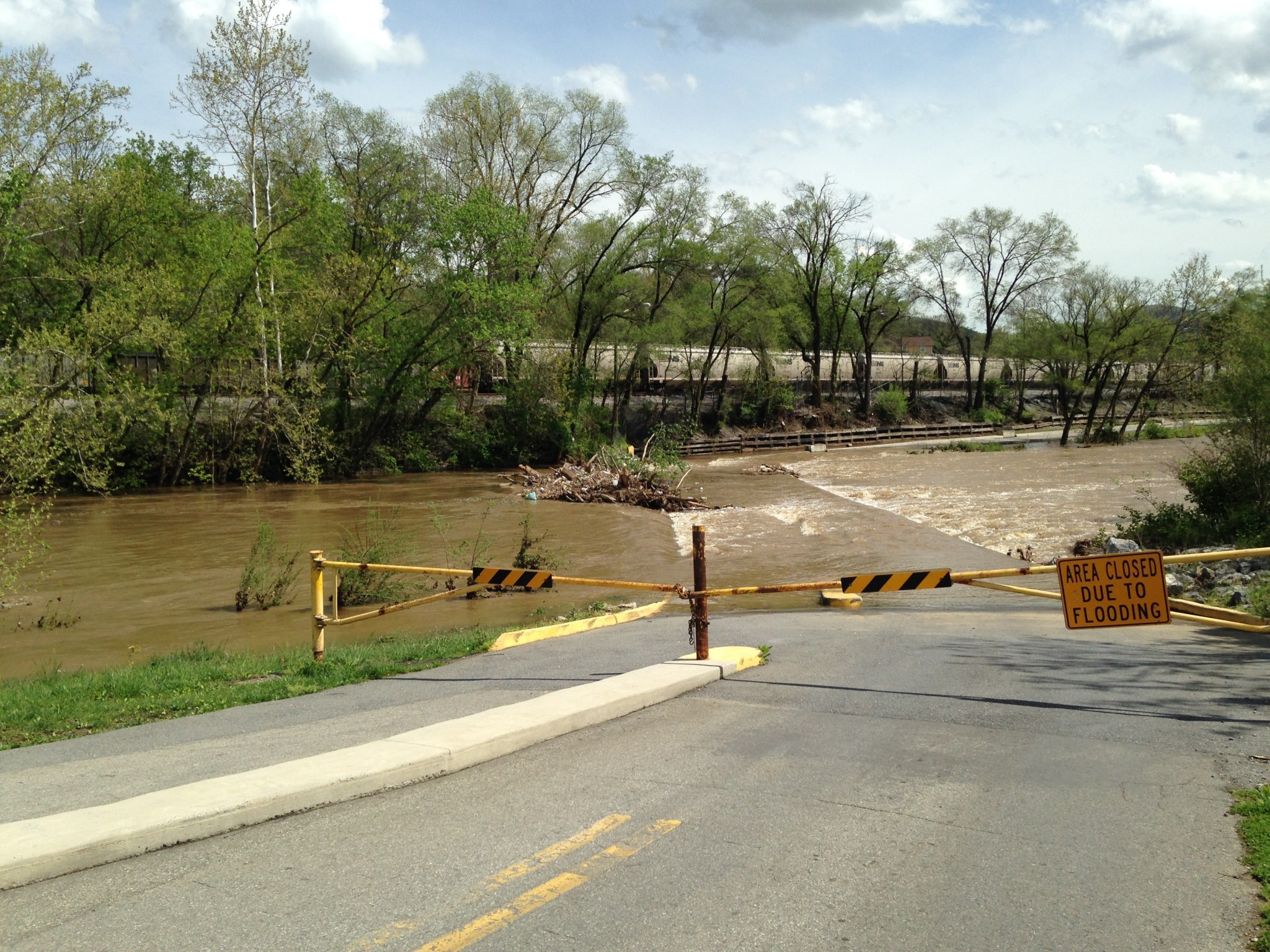 Road closure due to flooding. Volunteers helped NASA scientists predict where floods like these will contaminate well water. Image credit: Kelsey Pieper When the ground floods during a storm, floodwaters wash bacteria and other contaminants into private wells. But thanks to citizen scientists in North Carolina, we now know a bit more about how to deal with this problem. A new NASA-Funded study describes the contributions of these volunteers and how their work makes other disaster data more useful.
Road closure due to flooding. Volunteers helped NASA scientists predict where floods like these will contaminate well water. Image credit: Kelsey Pieper When the ground floods during a storm, floodwaters wash bacteria and other contaminants into private wells. But thanks to citizen scientists in North Carolina, we now know a bit more about how to deal with this problem. A new NASA-Funded study describes the contributions of these volunteers and how their work makes other disaster data more useful.
After Hurricane Florence, the North Carolina Department of Health and Human Services distributed sampling bottles to 754 private well users upon request. They asked these volunteers to collect samples at their wellheads or outdoor taps. As expected, the rates of fecal contamination measured with help from the volunteers were almost 8 times higher than during routine conditions.
The new study compares the water quality measurements made by volunteers to predictions from various kinds of flood boundary maps made using data from NASA’s Landsat, Sentinel, and MODIS satellites. Turns out, the flood boundary maps are pretty good predictors—under certain conditions. Now we know how to better use them for this purpose in the future, thanks to help from citizen scientists!
Contact your local health department and tell them you are interested in testing your own well water supply!
Details Last Updated Jun 10, 2024 Related Terms Citizen Science Earth Science Floods

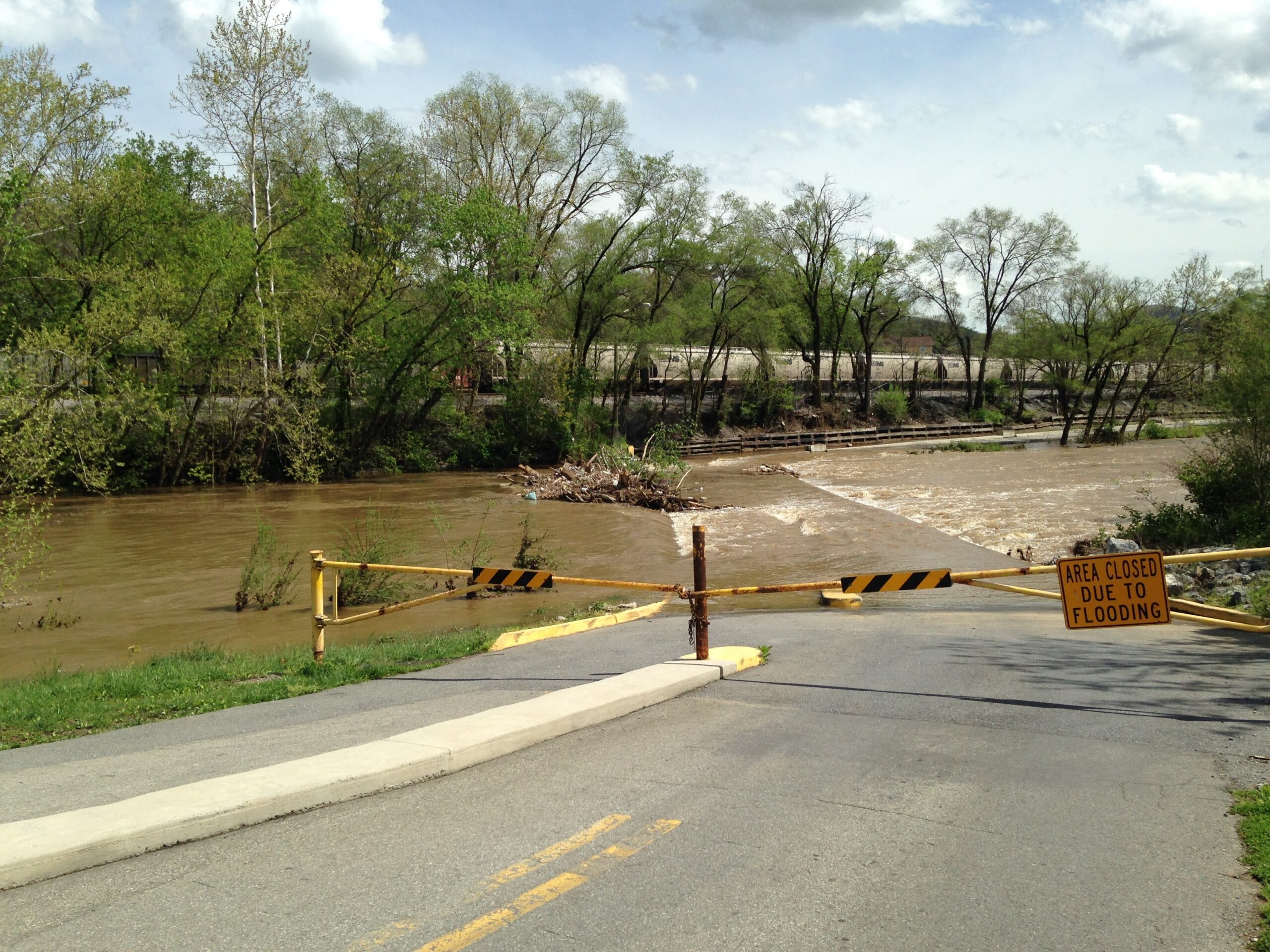
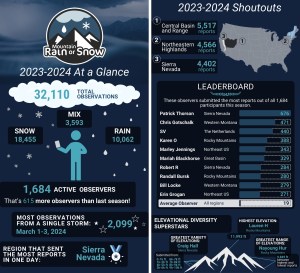 1 min read Mountain Rain or Snow Volunteers Broke Records This Winter
1 min read Mountain Rain or Snow Volunteers Broke Records This Winter
 8 min read The Moon and Amaey Shah
8 min read The Moon and Amaey Shah
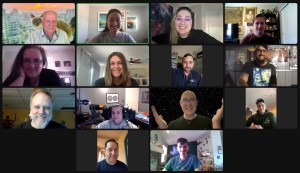 2 min read Arizona Students Go on an Exoplanet Watch
2 min read Arizona Students Go on an Exoplanet Watch
